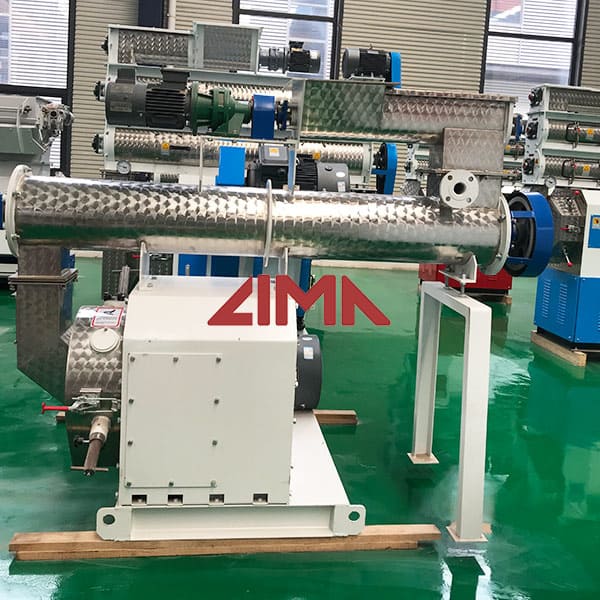
Sri Lanka is a tropical island situated close to the southern tip of India. The bird life of Sri Lanka is very rich for its size and 523 species have been recorded. In addition to the many resident birds, a considerable number of migratory species winter in the country to escape their northern breeding grounds.. 34 species are confirmed as endemic. The other resident species are also
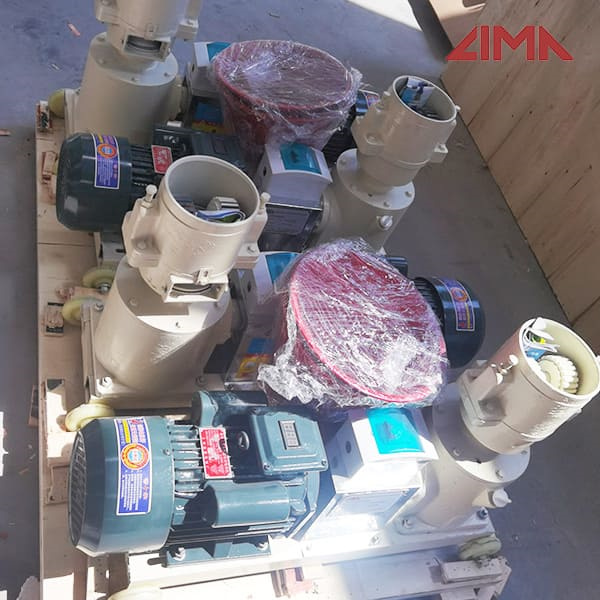
CROP DIVERSIFICATION IN SRI LANKA - S.S.B.D.G. Jayawardane* and L. A. Weerasena** * Director General of Agriculture, Department of Agriculture, Peradeniya, Sri Lanka. ** Deputy Director (Research), Regional Agriculture Research Centre, Angunakolapellessa, Sri Lanka.1. INTRODUCTION. Sri Lanka is an island in the Indian ocean located between 79° 50' and 82°
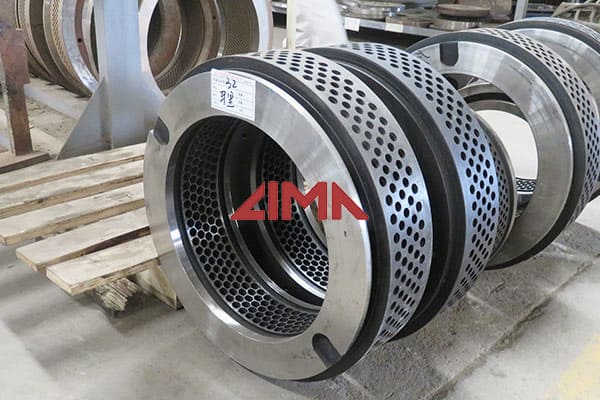
102 been reduced to 7.9% in 2015 (Central Bank of Sri Lanka 2015) and the contribution of the livestock sector is recorded as 0.6% to the National GDP
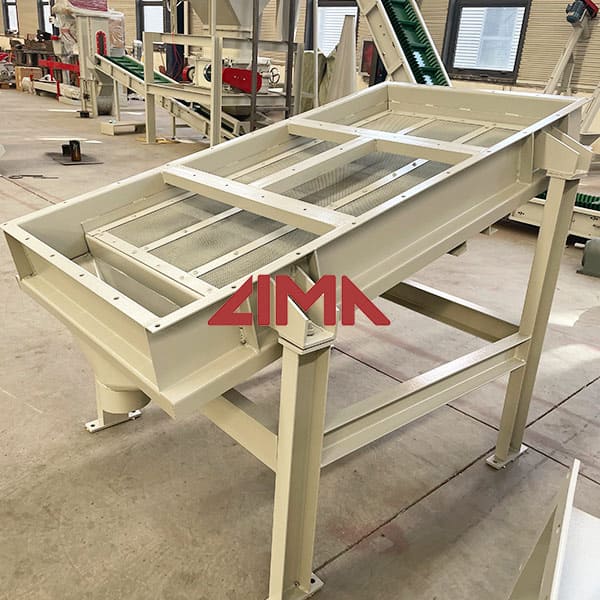
Saisissez un goose l'équipement d'alimentation dans srilanka inégalé sur Alibaba.com et augmentez votre productivité. Les goose l'équipement d'alimentation dans srilanka sont très efficaces et proposent des offres sans égal.
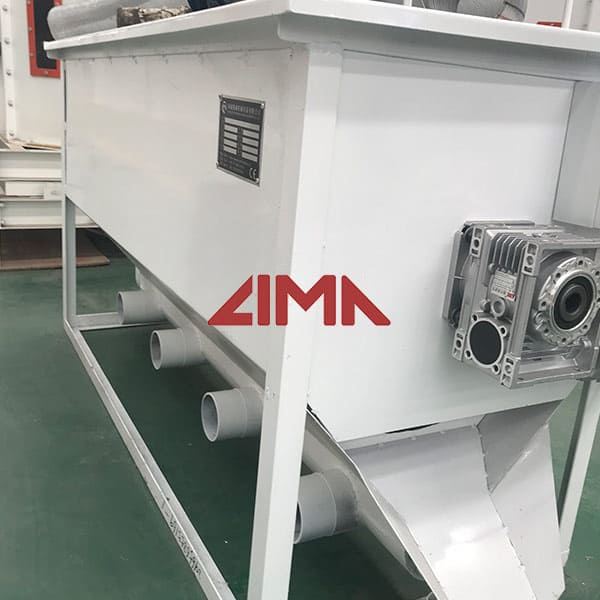
2021-05-11 · Soil types change depending on the location. The most abundant soil types in Sri Lanka are Reddish Brown Earths (RBE), Red Yellow Podzolic (RYP), and Low Humic Gley (LHG) soils. Soil characteristics have a key impact on crop selection. The major soil types in the regions are described as follows;
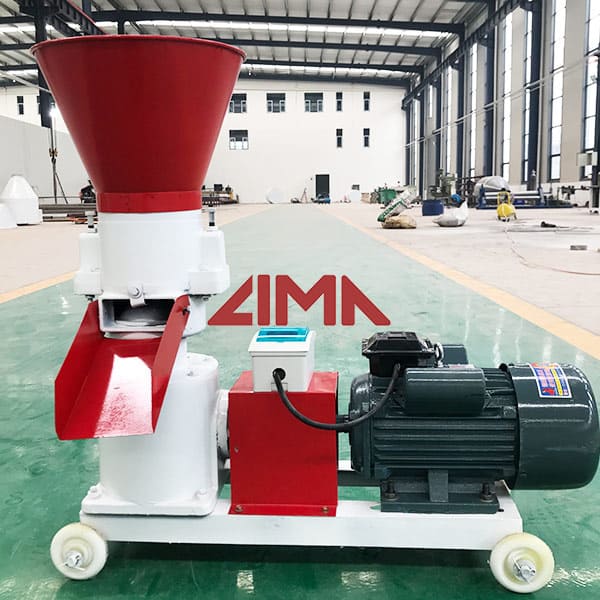
I enjoyed my 400 ‘life bird’ with prolong scope views while it was feeding and resting by the water there. This goose was first found and photographed by Ravi Darshana (a member of Ceylon Bird Club) on 19 th Dec. at this site and the sighting became the first confirmed record of the Bar-headed Goose (Anser indicus) in Sri Lanka. Thanks to
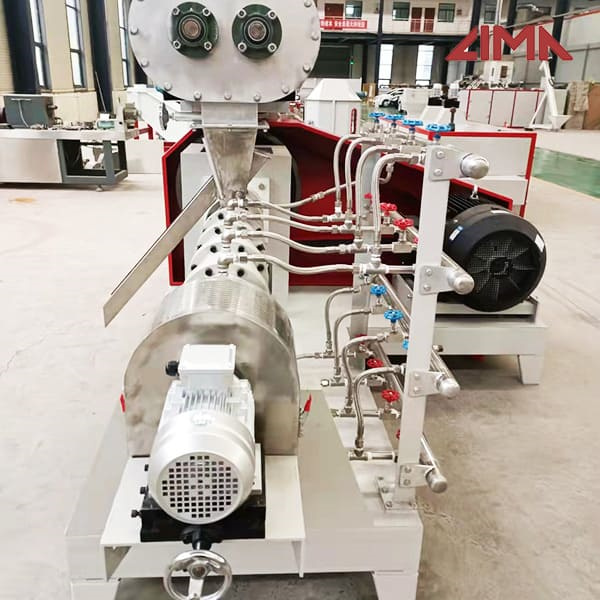
2022-06-15 · Growing in Wet Soil. Growing in saturated soil is a challenge because it can drown plant roots, which require oxygen to breathe. This can lead roots to rot, fungal diseases to develop, and ultimately, spell death for the plant. If you have an area with wet soil in mind for planting, the soil should drain 24-48 hours after a rain.
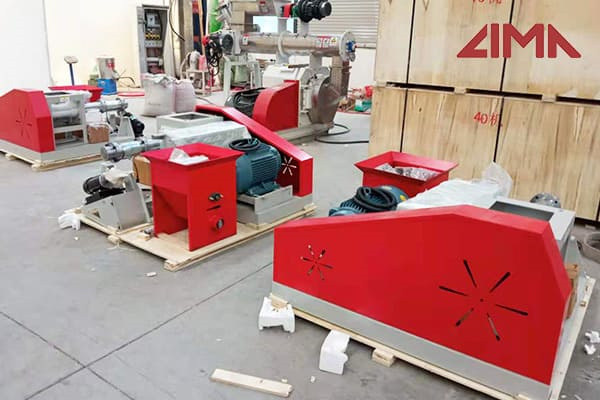
Sri Lanka is largely self-sufficient in most animal products – apart from dairy. However, the consumption of dairy products has increased dramatically since the 1970s when the Government adopted open economic policies. Currently, Sri Lanka is about 15–20 percent self-sufficient with its milk products, though that level has been achieved mostly with imported milk powder.

Sri Lanka - Geese - Wet Salted - Alfalfa Wet Salted Canned Condensed Condensed and Evaporated Condensed, Dry and Fresh Dehydrated Dried Dry Salted Evaporated ... Dairy Products and Eggs Dregs Eggs Extracts Fat Fatty acids Fatty Subs Fish Meal Flour Food Food Preparations Forage products Gluten Hides Homogen. Cooked Fruit ...
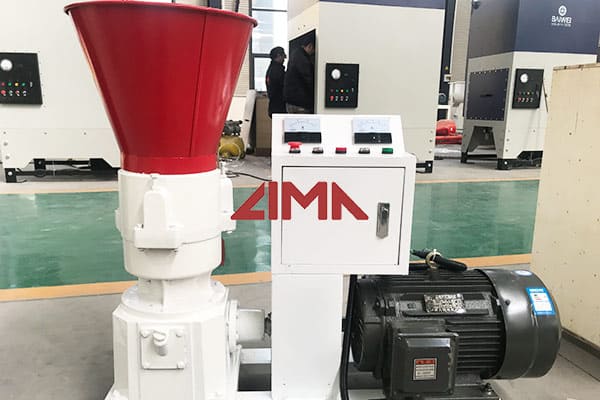
2014-12-30 · Feed birds all the grain they will consume three or four times daily. Continue for three or four weeks until geese weigh 10 to 12 pounds or more. Growing mash or fattening pellets must be fed with grain for efficient feed conversion. Markets are highest during the four to six weeks before Thanksgiving and Christmas.

Sri Lanka - Geese - Wet Salted - Cereals Products Wet Salted Canned Condensed Condensed and Evaporated Condensed, Dry and Fresh Dehydrated Dried Dry Salted Evaporated ... Dairy Products and Eggs Dregs Eggs Extracts Fat Fatty acids Fatty Subs Fish Meal Flour Food Food Preparations Forage products Gluten Hides Homogen. Cooked Fruit ...
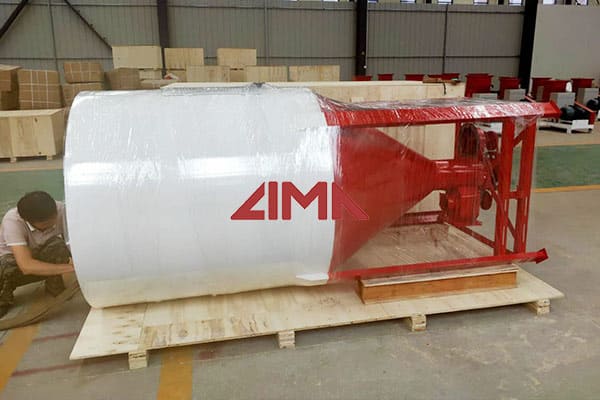
This report presents a comprehensive overview of the goose and guinea fowl meat market in Sri Lanka and a forecast for its development in the next five years. It provides a
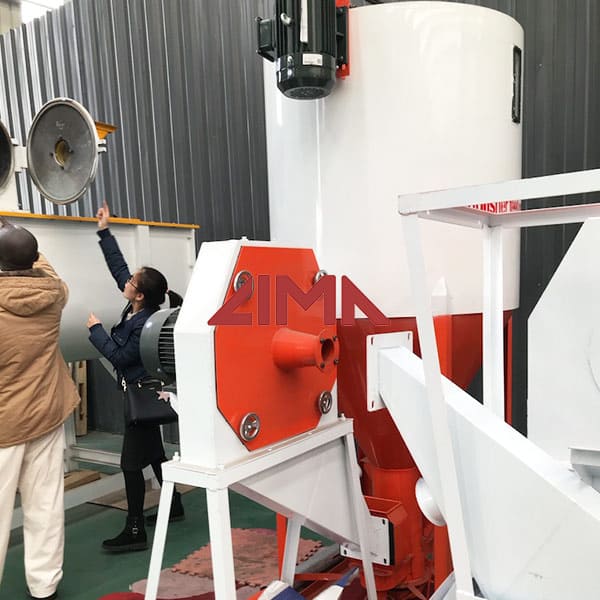
We are Unilever Sri Lanka. 84 years of sustainable business. 96% of products manufactured locally. 1st choice employer for graduates. 100,000 retailer reach island wide. Find
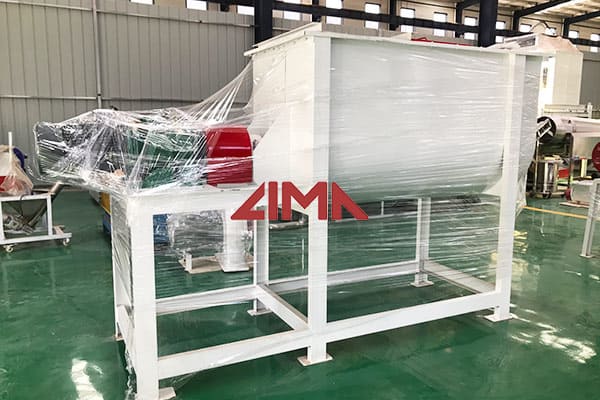
2016-03-18 · Sri lanka should explain, the farmers, the cost of modern agriculture with respect to the cost of fertiliser, cost of pesticides, money required for machinery and the care needed for new improved varieties as opposed to old varieties which could have added value as a market product and it does not need organic fertilizer, pesticides, and does snot need much care with respect
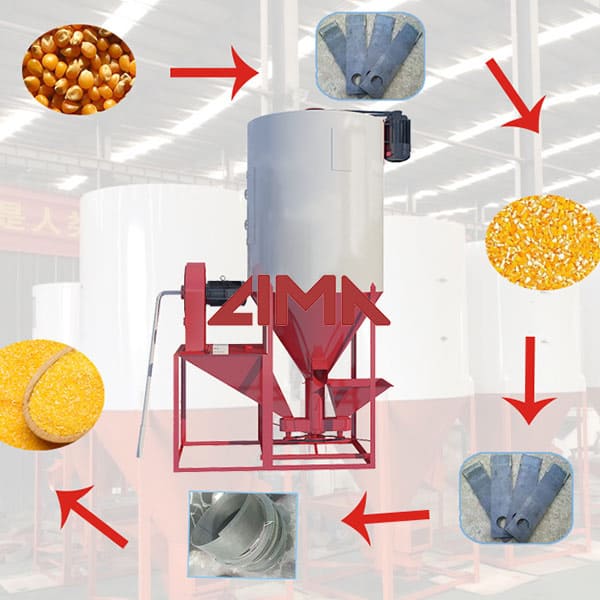
2020-05-22 · The Tea Research Institute (TRI), since its inception in 1925, has been the only national body in Sri Lanka for generating and disseminating new technologies related to tea cultivation and processing. The TRI has always been the driving force behind the numerous successes achieved towards development of the Sri Lankan tea industry over the years.